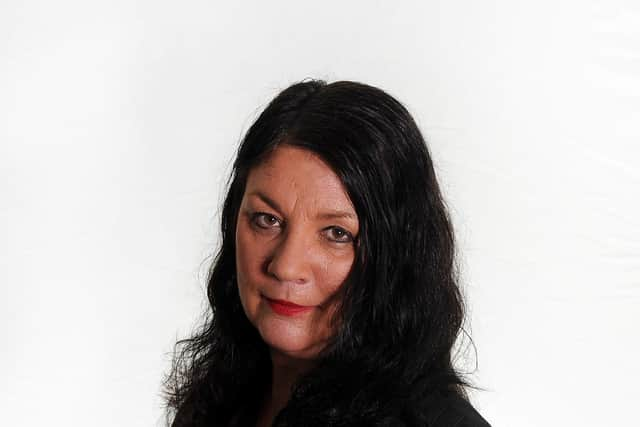A&E 'alternatives' are often nothing of the sort for sick patients: Jayne Dowle
The trust, which operates three main hospitals, Doncaster Royal Infirmary, Bassetlaw Hospital and Montagu Hospital, suggested that patients not in dire need of emergency treatment consider alternatives – booking an appointment to see their GP; dialling the NHS 111 advice line, popping into their local pharmacist; or tracking down a same day health centre or minor injuries unit.
All very practical advice, and well-meant, but not much comfort in an emergency situation, or indeed in practical terms.
Advertisement
Hide AdAdvertisement
Hide AdIn November, we learned, through the Government’s Autumn Statement, that in England, those needing a GP appointment might expect to wait up to two weeks.


If you have a child whose chronic asthma is getting worse, or an elderly parent suffering from chronic vomiting for three or four days, such an unacceptable wait could mean the difference between life and death.
Worse, thousands of patients don’t even have access to a family doctor because of the staffing crisis in GP surgeries. Unless issues over working hours and pay are resolved, this will get only worse as experienced GPs turn their back on the profession, or move into private practice. And, yes, I do know that if you can stump up from £30 for an online consultation, you can skip the queues. Talk about turning the clock back to a time when seeing a doctor was a privilege, not a protected right.
The NHS 111 line is, in my experience, an exercise in frustration. Whilst it is generally staffed by kind individuals who really do want to assist, the advice either tends to be of the common-sense variety, or – for more serious conditions – a self-defeating spiral which ends up with the recommendation to seek professional medical help.
Advertisement
Hide AdAdvertisement
Hide AdPharmacists can’t always find the resources to deliver a de facto family doctor service, especially considering the pressure Strep A is putting on the supply and dispensary of antibiotics.
And, the provision of same day health centres and minor injuries units is so reliant on local availability, geography and transport, they are a complete lottery.
In rural areas, especially, these services may be difficult to access; in urban areas, they are likely to be overwhelmed with queues of people around the block.
It’s sensible of course to suggest that people suffering from non-emergency conditions do think twice before attending A&E departments. This applies in any hospital, not just those buckling dangerously under demand.
Advertisement
Hide AdAdvertisement
Hide AdThe problem – and it’s one which the Health Secretary Steve Barclay seems unable to comprehend – is that it’s wrong to see A&Es as an isolated case.
If the NHS was working efficiently, there would always be a series of safety nets. Emergency provision would remain just that, available chiefly for people who need immediate medical attention.
And hospitals would never find themselves in the unenviable position of telling people not to come.
Unfortunately, so sick is our health service, full-scale reform, not sticking plasters, is needed.
Advertisement
Hide AdAdvertisement
Hide AdMore than a decade of under-investment, a succession of Health Secretaries who have failed to get to grips with the NHS’s institutional problems, such as the colossal fees paid to outside management and financial consultants to come in and sort out the mess, and a serious lack of morale, with nurses and ambulance workers striking and doctors at constant war with managers and ministers over terms and conditions, all need to be addressed.
It’s not as if NHS workers – and voters – aren’t shouting up. The week before Christmas, on a visit to King’s College Hospital, south London, Sarah Pinnington-Auld, the mother of a three-year-old girl who suffers from cystic fibrosis, let rip, telling Mr Barclay: “So until you as a government prioritise health and social care, we are not going to free up the already limited number of beds.”
He responded to her concerns by saying the Government was investing more money into the health service, which is what minsters have been saying for years.
If this was indeed the case in terms relative to increased patient numbers, and the money was being invested wisely, instead of squandered on funding pointless posts such as the £115,000 “Director of Lived Experience” recently advertised, we might not have become terrified to fall ill, or have an accident.